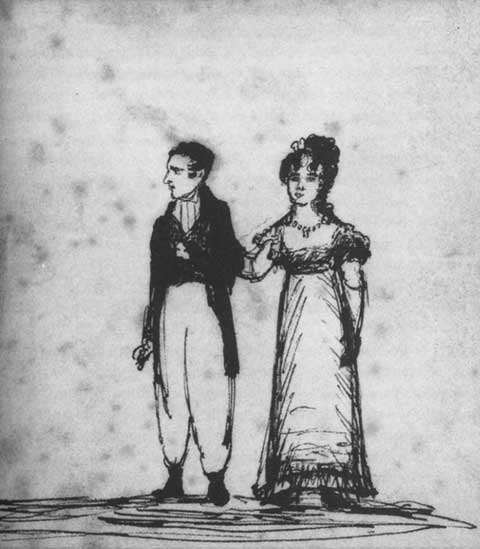Reading list for those attending the filmmaker’s Rogue Film School:
Required reading: Virgil’s “Georgics” and Ernest Hemingway’s “The Short Happy Life of Francis Macomber”. Suggested reading: The Warren Commission Report, Rabelais’ “Gargantua and Pantagruel”, “The Poetic Edda”, translated by Lee M. Hollander (in particular The Prophecy of the Seeress), Bernal Diaz del Castillo “True History of the Conquest of New Spain”.
Re-watching a couple of his documentaries over the weekend began thinking how it was too bad Herzog wasn’t tapped to create the Voyager’s message to aliens. One imagines a future army of extraterrestrials arriving on Earth speaking in Herzog: “What is this planet we find ourselves upon? Everything is pointing to a new world but we need to articulate what that might be…”

